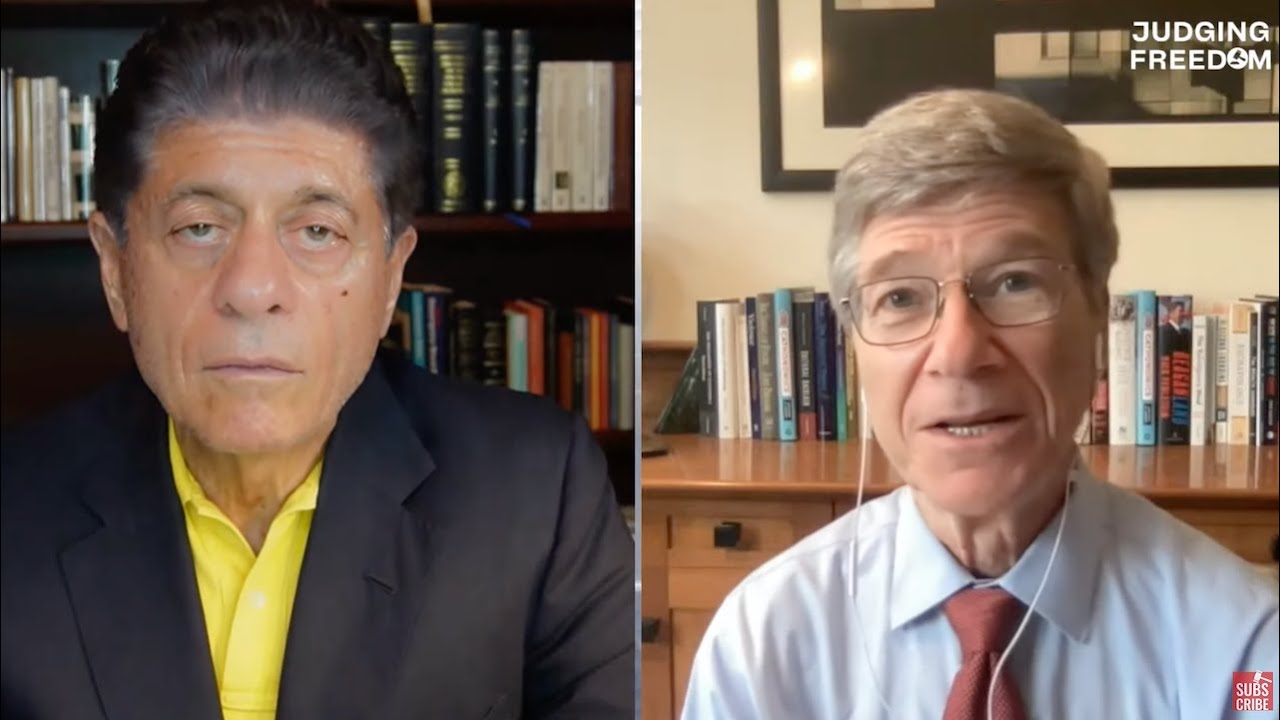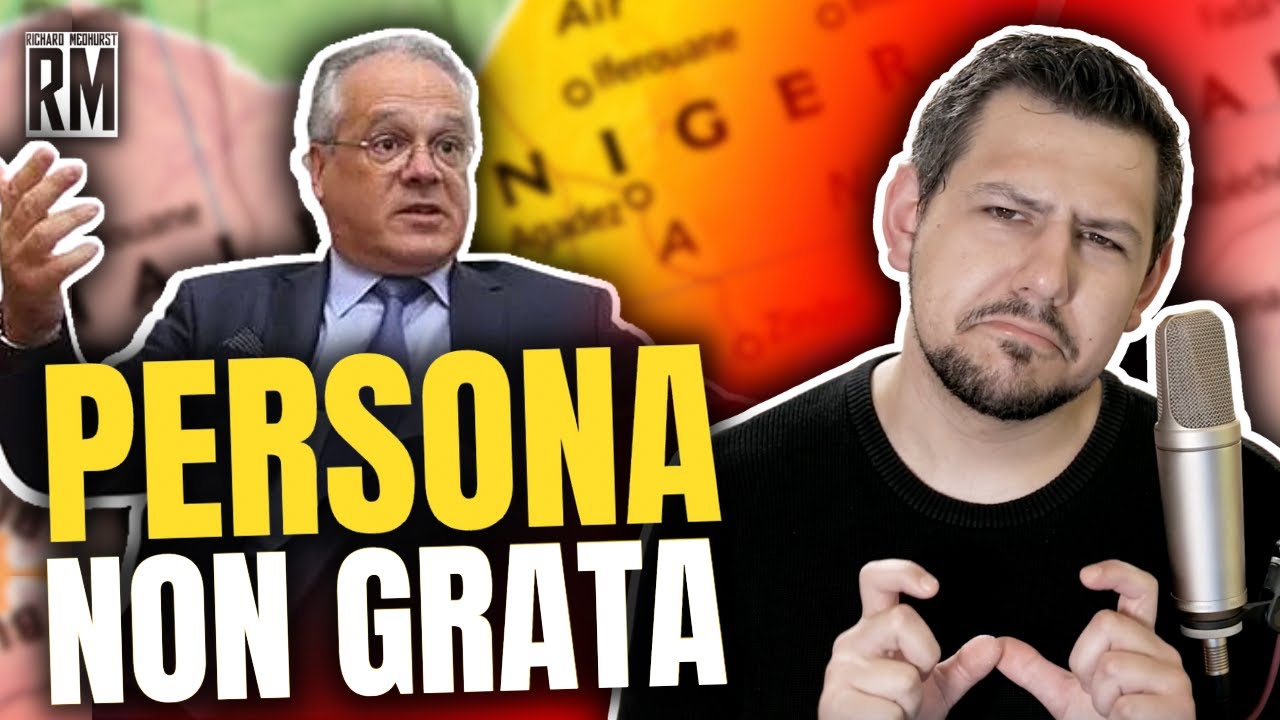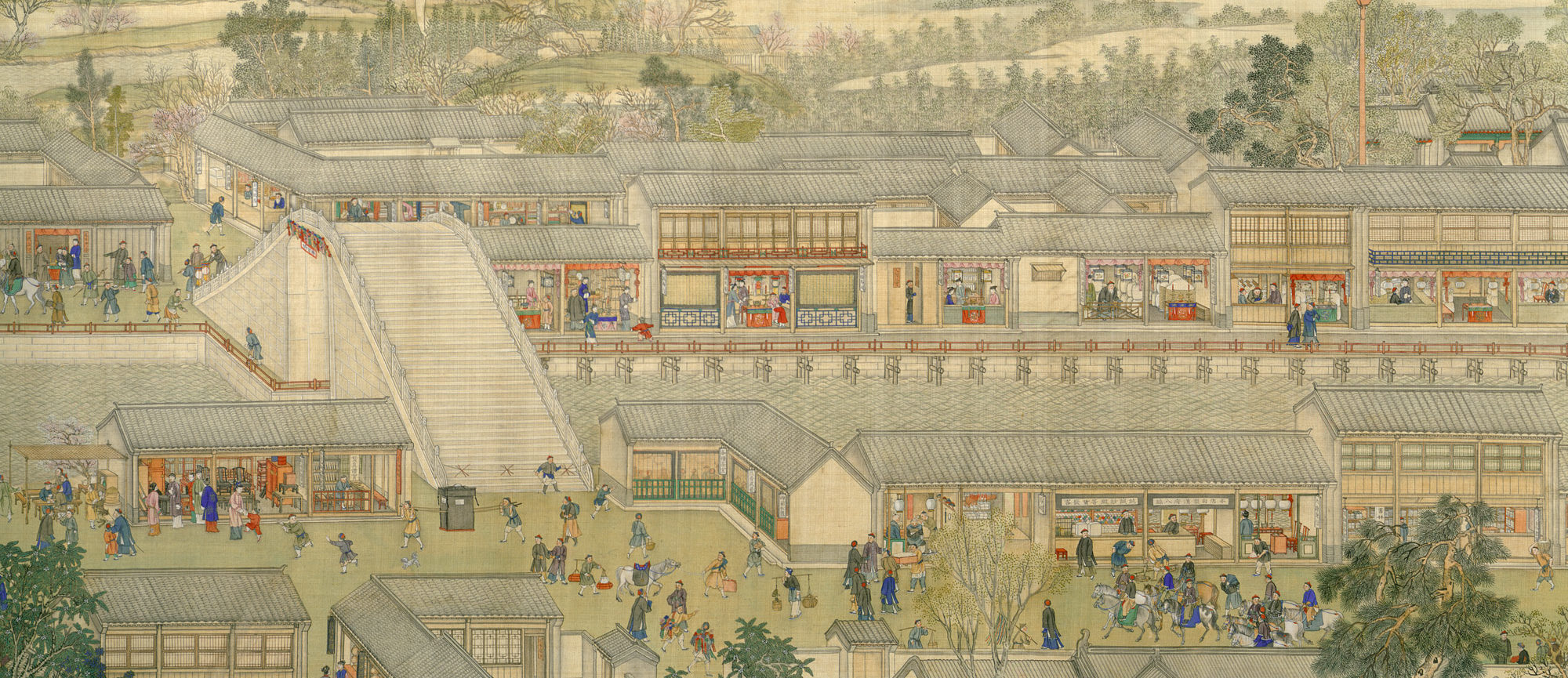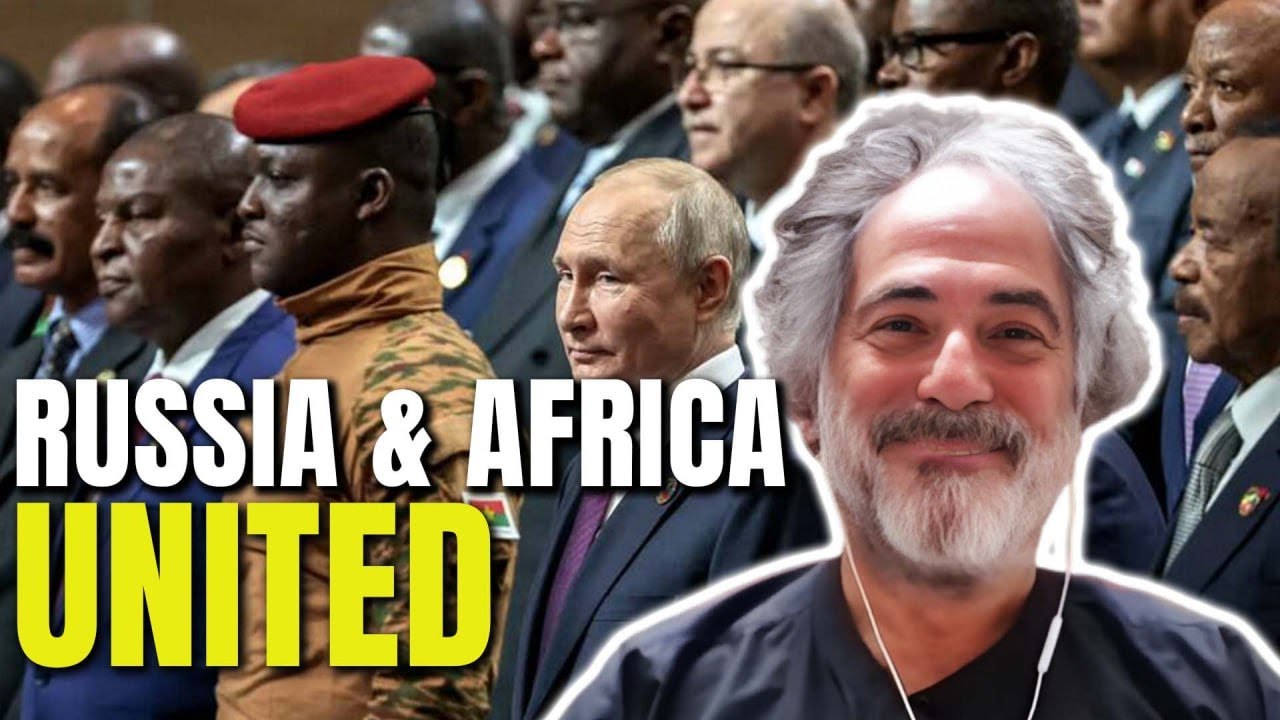- 65 Posts
- 231 Comments

 15·10 months ago
15·10 months agoThe cost argument is probably the more correct one, i don’t think that the temperature fluctuation excuse holds water. In Eastern Europe we have some pretty extreme temperatures too, in a continental climate you can easily go from double digit negative temperatures in the winter to 30-40 in the summer. And the use of concrete and bricks and so on is still very widespread.

 23·10 months ago
23·10 months agoNazis gonna nazi…

 4·10 months ago
4·10 months agoYeah but it’s not just related to Ukraine, his reporting goes much further back than 2014. He’s done a ton of really good work relating to Palestine, East Timor, the US occupation of the Chagos islands, etc. One of his best works is “The Coming War on China” from 2016 which predicted a lot of what we see today.

 111·10 months ago
111·10 months agoI mean for one thing his ties to Burisma through his son and god knows how many other shady dealings in Ukraine, though to be fair probably half of Congress has their fingers in the dirty pie of Ukraine and profiting one way or another. But the fact that we now know for a fact that he pressured the Ukrainian government to fire the prosecutor looking into the very corruption the Bidens were involved in takes it one step further.

 111·10 months ago
111·10 months agoOh yeah, there’s for sure a ton of bribery and corruption stuff related to Ukraine that they could get him on if they really tried. But personally i doubt this is more than the usual partisan political theatre. It’s called the uniparty for a reason, they may put on a show for the plebs but at the end of the day they stick together. If they do push Biden out it’s because both parties have agreed that it’s necessary for damage control, or to get an even bigger warhawk in there.

 5·10 months ago
5·10 months agoHe’s always been pretty based as far as i can tell.

 4·10 months ago
4·10 months agoDKP is really the only communist party in Germany worth mentioning. And they are fairly based on issues relating to anti-imperialism. Their official publication UZ (Unsere Zeit) seems generally quite solid on most geopolitical topics and i haven’t seen much of an anti-AES line either there or from Junge Welt which is another somewhat sizeable publication with close ties to the DKP. Now whether they can be called reformist or not that is a matter of debate and definition, some so-called “anti-revisionists” would insist that the CPC itself is revisionist, so we need to be a little critical whenever we see that term thrown around. I find what is more important than having a 100% (by whichever standard you want to measure it) ML line, is that they take more or less the correct and principled position on the issues that really matter in practice.
And also they’re not Trotskyists, so that’s good.
 11·10 months ago
11·10 months agoInstead of asking a dumb AI that just amalgamates a bunch of random sources of questionable competency why not go to what Lenin himself wrote about this? In “The Tax In Kind” (1921) he states the following:
“State capitalism would be a step forward as compared with the present state of affairs in our Soviet Republic. If in approximately six months’ time state capitalism became established in our Republic, this would be a great success and a sure guarantee that within a year socialism will have gained a permanently firm hold and will have become invincible in this country.”
[…]
“No one, I think, in studying the question of the economic system of Russia, has denied its transitional character. Nor, I think, has any Communist denied that the term Soviet Socialist Republic implies the determination of the Soviet power to achieve the transition to socialism, and not that the existing economic system is recognised as a socialist order.”
[…]
"Socialism is inconceivable without large-scale capitalist engineering based on the latest discoveries of modern science. It is inconceivable without planned state organisation which keeps tens of millions of people to the strictest observance of a unified standard in production and distribution. We Marxists have always spoken of this, and it is not worth while wasting two seconds talking to people who do not understand even this (anarchists and a good half of the Left Socialist-Revolutionaries).
At the same time socialism is inconceivable unless the proletariat is the ruler of the state. This also is ABC."
[…]
"At present petty-bourgeois capitalism prevails in Russia, and it is one and the same road that leads from it to both large-scale state capitalism and to socialism, through one and the same intermediary station called “national accounting and control of production and distribution”. Those who fail to understand this are committing an un-pardonable mistake in economics. Either they do not know the facts of life, do not see what actually exists and are unable to look the truth in the face, or they confine themselves to abstractly comparing “socialism” with “capitalism” and fail to study the concrete forms and stages of the transition that is taking place in our country.
Let it be said in parenthesis that this is the very theoretical mistake which misled the best people in the Novaya Zhizn and Vperyod camp. The worst and the mediocre of these, owing to their stupidity and spinelessness, tag along behind the bourgeoisie, of whom they stand in awe; the best of them have failed to understand that it was not without reason that the teachers of socialism spoke of a whole period of transition from capitalism to socialism and emphasised the “prolonged birth pangs” of the new society. And this new society is again an abstraction which can come into being only by passing through a series of varied, imperfect and concrete attempts to create this or that socialist state.
It is because Russia cannot advance from the economic situation now existing-here without traversing the ground which is common to state capitalism and to socialism (national accounting and control) that the attempt to frighten others as well as themselves with “evolution towards state capitalism” is utter theoretical nonsense. This is letting one’s thoughts wander away from the true road of “evolution”, and failing to understand what this road is. In practice, it is equivalent to pulling us back to small proprietary capitalism."
And then later he quotes from an earlier work:
"“For socialism is merely the next step forward from state-capitalist monopoly. . . .
“State-monopoly capitalism is a complete material preparation for socialism, the threshold of socialism, a rung on the ladder of history between which and the rung called socialism there are no intermediate rungs”
Please note that this was written when Kerensky was in power, that we are discussing not the dictatorship of the proletariat, not the socialist state, but the “revolutionary democratic” state. Is it not clear that the higher we stand on this political ladder, the more completely we incorporate the socialist state and the dictatorship of the proletariat in the Soviets, the less ought we to fear “state capitalism”? Is it not clear that from the material, economic and productive point of view, we are not yet on the “threshold” of socialism? Is it not clear that we cannot pass through the door of socialism without crossing the “threshold” we have not yet reached? . . ."
Another couple of instructive passages:
[…]
“On the one hand, we must ruthlessly suppress the uncultured capitalists who refuse to have anything to do with “state capitalism” or to consider any form of compromise, and who continue by means of profiteering, by bribing the poor peasants, etc., to hinder the realisation of the measures taken by the Soviets. On the other hand, we must use the method of compromise, or of buying out the cultured capitalists who agree to “state capitalism”, who are capable of putting it into practice and who are useful to the proletariat as intelligent and experienced organisers of the largest types of enterprises, which actually supply products to tens of millions of people.”
[…]
"Now power has been seized, retained and consolidated in the hands of a single party, the party of the proletariat, even without the “unreliable fellow-travellers”. To speak of compromise at the present time when there is no question, and can be none, of sharing power, of renouncing the dictatorship of the proletariat over the bourgeoisie, is merely to repeat, parrot-fashion, words which have been learned by heart but not understood. To describe as “compromise” the fact that, having arrived at a situation when we can and must rule the country, we try to win over to our side, not grudging the cost, the most efficient people capitalism has trained and to take them into our service against small proprietary disintegration, reveals a total incapacity to think about the economic tasks of socialist construction."
I advise you to read this work in its entirety paying special attention to what he says about the function of state capitalism in the transition period of socialism.
The main takeaways are that firstly the distinction between “state capitalism” and “state socialism” is immaterial, secondly that to contrast “state socialism” with “socialism, in its pure form” is meaningless because socialism itself is a transition phase. In a sense socialism is merely state capitalism harnessed under the dictatorship of the proletariat. The degree to which private property and private enterprise still exist is not important as they are either way subjugated to the proletarian state; how much or how little of it is allowed will depend on the specific circumstances of every socialist society, determined by the historic and geopolitical context which it finds itself in.

 31·10 months ago
31·10 months agoI think reading some of Lenin’s earlier works such as “What Is To Be Done” should shed some light on this dilemma you’re having. There are times when as a communist party it is necessary and justifiable to work within bourgeois parliaments, and times when it is not. When it starts to look like the Netherlands is getting closer to some kind of revolutionary situation it will make sense to abandon parliamentarism and begin work primarily in the more actively revolutionary sphere. Until then i think it makes sense to continue building class consciousness and militant labor organizations. However during this time ideological struggle within the party should be placed at the forefront of priorities, as unless the party itself becomes sufficiently revolutionary and militant in its theoretical outlook they will be unprepared to seize the moment to mobilize the masses when the opportunity comes. Instead if the level of Marxist-Leninist ideological education is insufficient and if the party line is overly reformist or trade unionist then they will either freeze and dither when the critical time comes, or worse they will side with the social democrats in repressing the most revolutionary section of the working class.
In short, your task is to ensure that your party grows through vigorous internal ideological struggle to become disciplined, organized and ideologically firm like the Bolsheviks, rather than end up like the Social Revolutionaries (Right SRs) or the Mensheviks. You must combat opportunism and liberalism. And most importantly you must get your comrades to read, read, read (and discuss with each other what they have read to deepen their understanding).
I want you to know i think you mean well, but this truly is some of the most delusional, reality-denying wishful thinking i’ve read in a long time…
“move immediately to a classless society”?
“radicalize the democratic party from the ground up”?
“a socialist president”?
I’m gonna go ahead and assume you are very young and still have a lot of liberal idealism to unlearn.

 6·10 months ago
6·10 months agoI suppose he also ate babies for breakfast with his giant spoon, right?

 9·10 months ago
9·10 months agoSuch as?

 3·10 months ago
3·10 months agoWell yes, deflation of prices relative to wages, of course. That was implied.
Inflation is different even when wages do keep up because it wipes out savings.

 2·10 months ago
2·10 months agoFor what it’s worth i can understand what you’re trying to say and after giving it some thought i think i basically agree. He’s a piece of shit but he’s just stupid and egotistical enough to be detrimental for the overall capitalist-imperialist project. A “useful idiot”, if i may borrow that phrase which liberals love so much.
And by the way China is not a one party state. Yes it is a dictatorship of the proletariat which means that the communist party, as by far the biggest political force with almost a hundred million members, will always be the primary driver of the state, but there are other political parties independent of the CPC which are also represented in the National People’s Congress. These are kind of like special interest groups and although they are a minority they play a fairly active role in the political discussions that take place. They get to represent their interest groups and give input, and participate at least to some extent in shaping policies.
Is the existence of multiple parties necessary for a system to be democratic? No, not at all. The PRC would be no less democratic even if no other parties but the CPC were allowed. Then all of the democracy would just happen in one single party, making it effectively a no-party system, kind of like Cuba. But it is an interesting factoid that most westerners are not familiar with.
Democracy is not simply voting for one party or the other, it is a process of self-determination that can exist in many different frameworks, not just in the framework of liberal multi-party parliamentary systems. More than any other civilization in the world, it is the so-called West that has never really understood the concept of democracy as it has always been too obsessed with procedure and formal structures rather than with the application and representation of the will of the people, their real interests and their material needs. Most other civilizations already had much more advanced democratic traditions in one way or another before European colonialism came.
A lot of the opposition that baby leftists like ancoms have to ML concepts and ML states stems from a lack of education and knowledge. This is not their fault, obviously a bourgeois education system purposely hides information about the historical and present realities of socialist states, distorts their ideologies and purposely misinforms. The reason why they do this should be fairly obvious when considering the class interest that a bourgeois state represents.
However that also means that in order to break through this barrier of ignorance and miseducation people need to put in the work and actively seek out the information that has been withheld from them, which can be quite tough as there are sometimes significant language barriers simply due to the fact that there was historically very little translation of Russian and Chinese literature on these subjects.
If you want for instance to educate yourself on how the Soviet system actually worked, like the nuts and bolts of it in detail and not just in sweeping generalizations written by people with an ideological agenda to discredit it, you need to go digging in fairly obscure literature. The same goes for the Chinese system where there is plenty of literature of course in the Chinese language but much of it is just not accessible outside of China, in part due to the purposeful suppression of this information by the western information space.
But when you actually begin to learn how the political system of the PRC works in detail, right down to the lowest local levels you see that there is actually an incredible amount of not just political and ideological struggle but active grassroots democratic participation. And this is replicated all the way from the bottom to the top of the system with the government constantly working on a loop of input from the people, crafting policies, putting them into practice, them listening to the feedback and criticism and repeating the loop all over again perfecting their policies bit by bit each time.
Of course sometimes they will get things wrong, and some experiments will not work out, this is to be expected. But what really sets a proletarian democracy apart from a liberal bourgeois system is that the state actively makes an effort to correct course, respond to the public’s needs and work in the best interest of the people. In the US the opposite is the case and we have seen this proven by academic studies which show that the policies implemented by the government have virtually zero correlation to what the people want.
And the result of this are reflected in the approval ratings of the respective governments, with China having one of if not the highest approval ratings in the world and the US one of the lowest.

 91·10 months ago
91·10 months agoI think China is going to do its best to avoid getting dragged into a kinetic war over Taiwan, but if it comes down to it i think the US will rather see Taiwan completely destroyed than the Chinese capture it relatively intact. And no, they wouldn’t be able to sustain Taiwan in the way they have Ukraine because China can easily impose a blockade. The US would be too hesitant to engage head on lest it lose some of the biggest ships in its navy to Chinese missiles. They will probably try to impose a counter blockade using submarines and close the Strait of Malacca, but China has already been building the Belt and Road transport corridors precisely as an alternative to that. China has maneuvered its pieces way in advance in such a way that really they have already won the war before it even begins, and the US from its various wargames basically knows this. China just has to hold the current course and sooner or later Taiwan will be reintegrated peacefully. In the meantime the US will try to wage hybrid war on China in every way possible.














MLPD are super sus and honestly probably some sort of op by the feds.